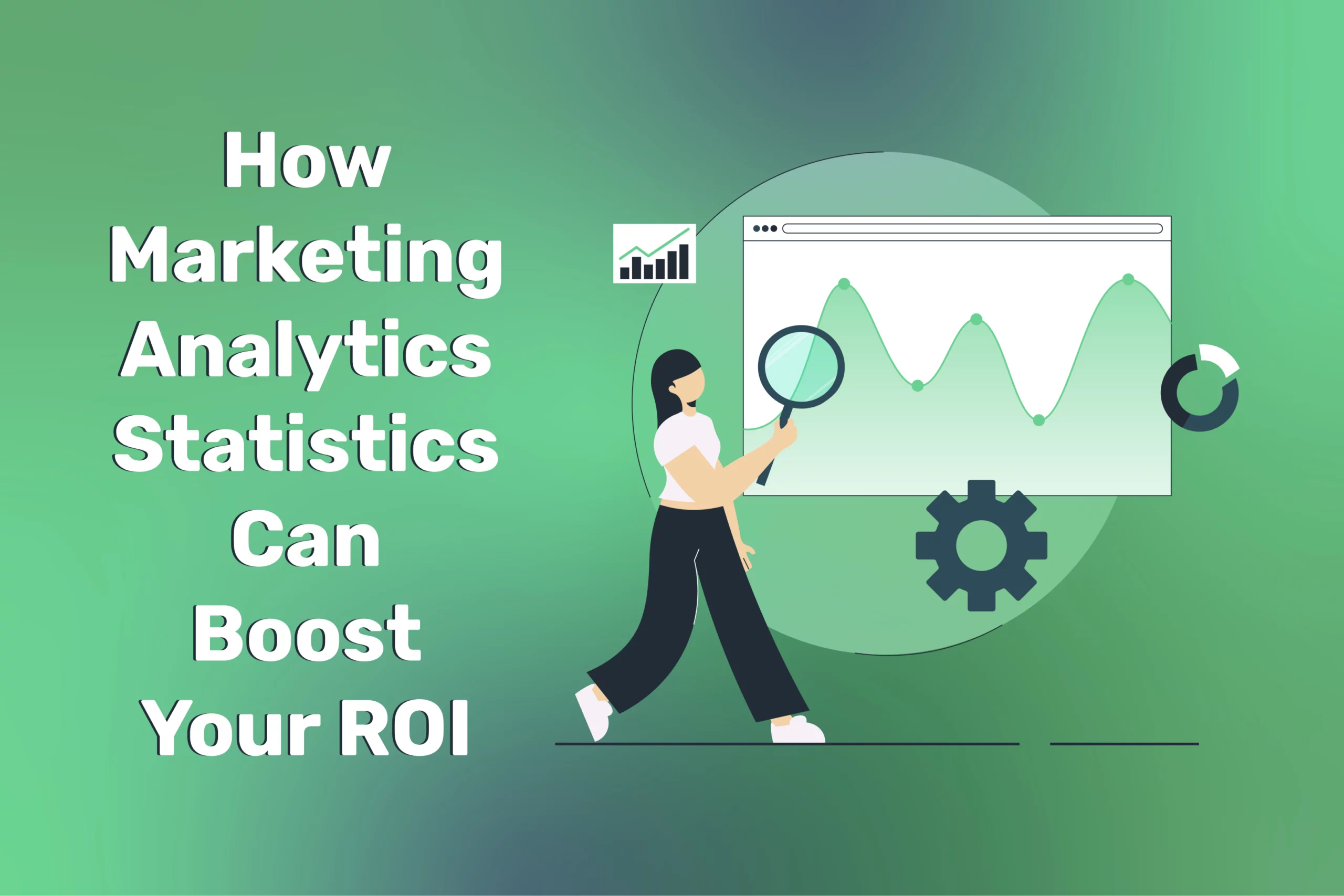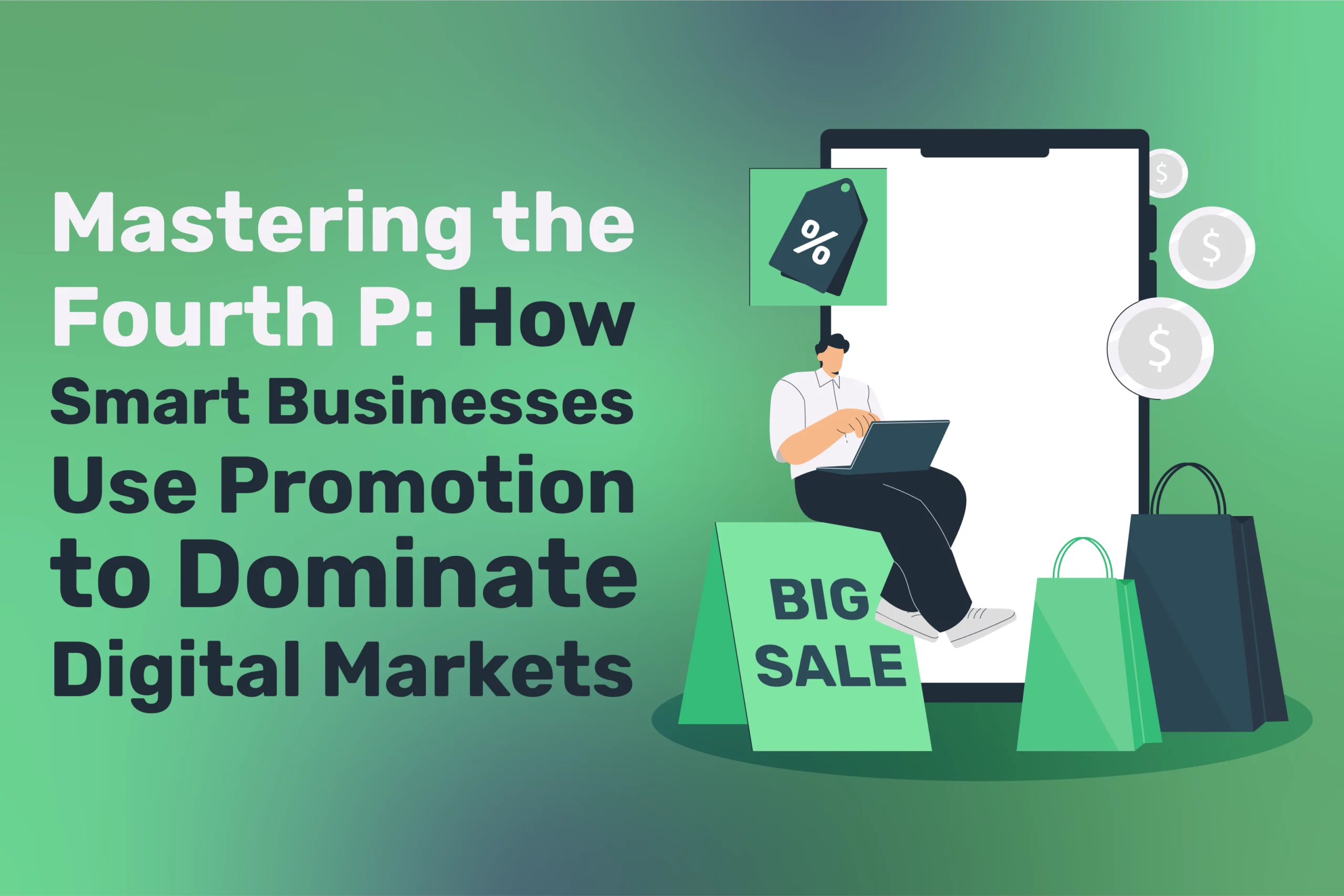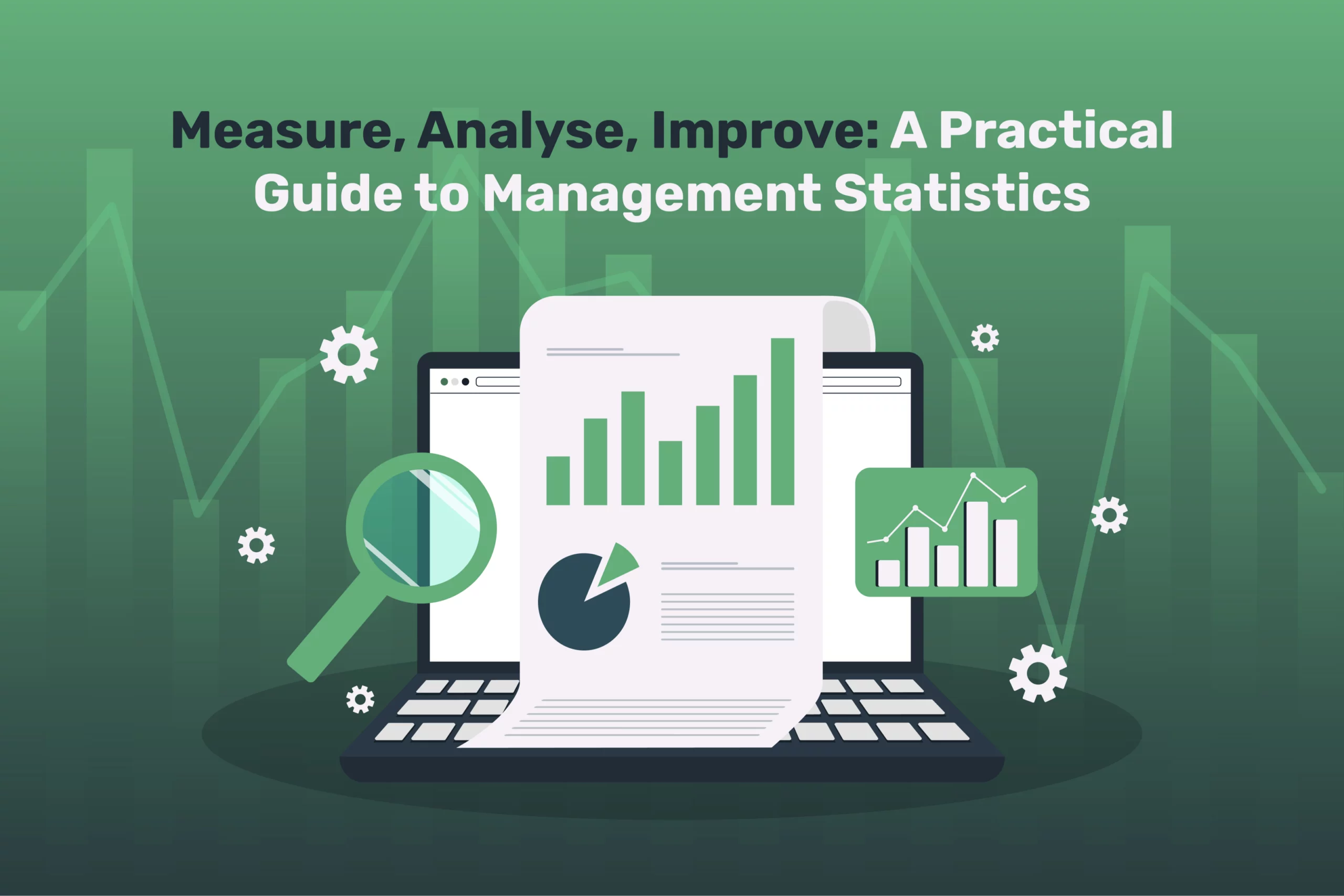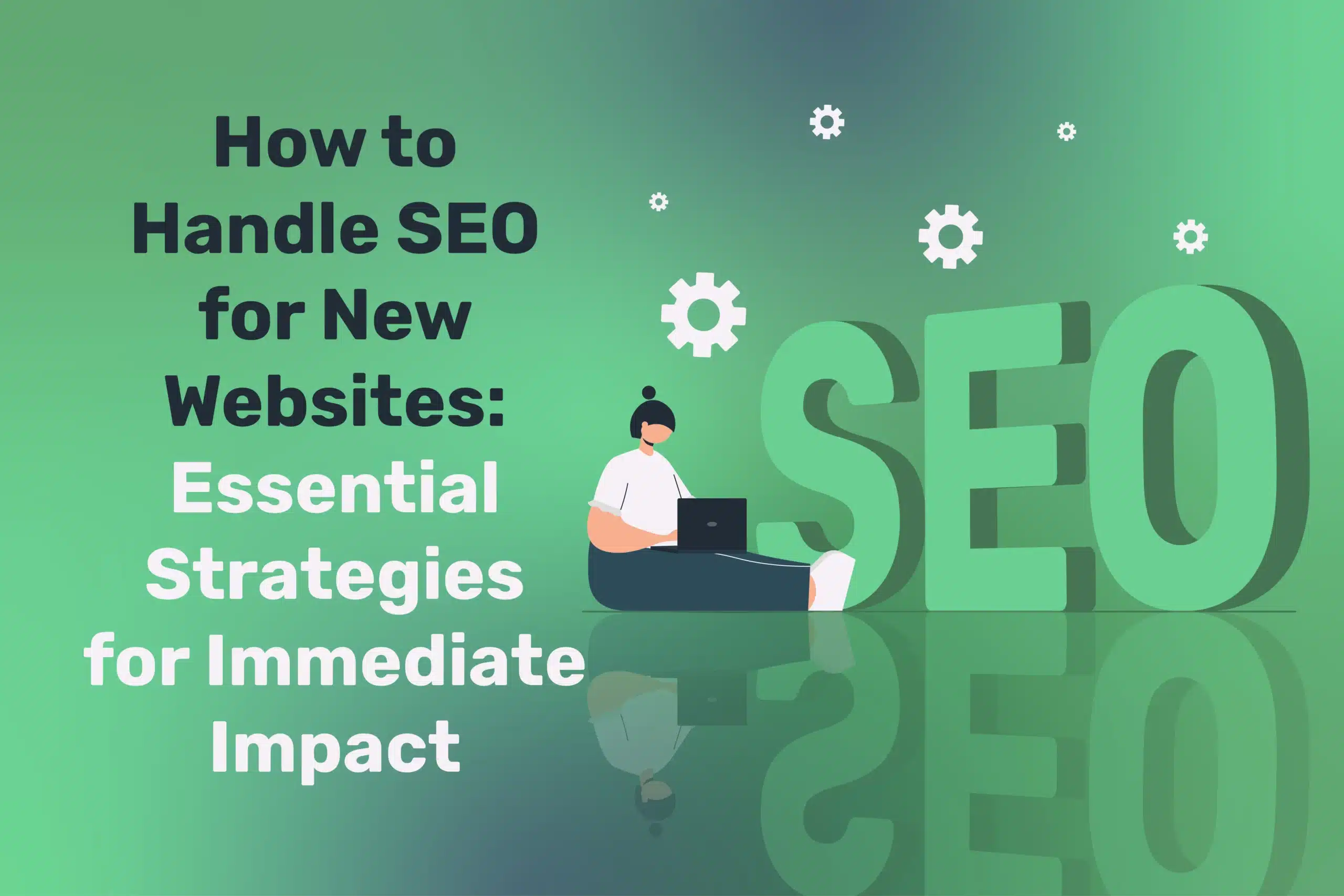
The Rise of Sustainable Business: Why Eco-Friendly Practices Are Essential
Table of Contents
Climate change, resource scarcity, and rising consumer expectations have ignited a global shift towards more sustainable business practices. Companies once saw going green as optional or purely philanthropic. Still, the market now demands real environmental responsibility—and failing to adopt eco-friendly strategies risks losing both customers and top-tier talent. Indeed, research indicates that over 70% of consumers prefer to purchase from brands with transparent sustainability commitments. Likewise, governments worldwide enforce stricter regulations to curb emissions, plastic waste, and energy overuse.
For businesses of all sizes, sustainability is no longer a “nice to have”—it’s a strategic imperative that mitigates environmental impact and fosters innovation, cost savings, and long-term resilience. In this article, we’ll explore the core reasons why sustainable business practices matter, how digital and AI-driven solutions play a key role, and what steps companies can take to become greener without sacrificing profitability.
“We’ve entered an era where sustainability equates to competitiveness. It’s about future-proofing your company, building trust, and stepping ahead of regulation rather than scrambling to comply,” says Ciaran Connolly, Director of ProfileTree.
Understanding the Global Sustainability Landscape
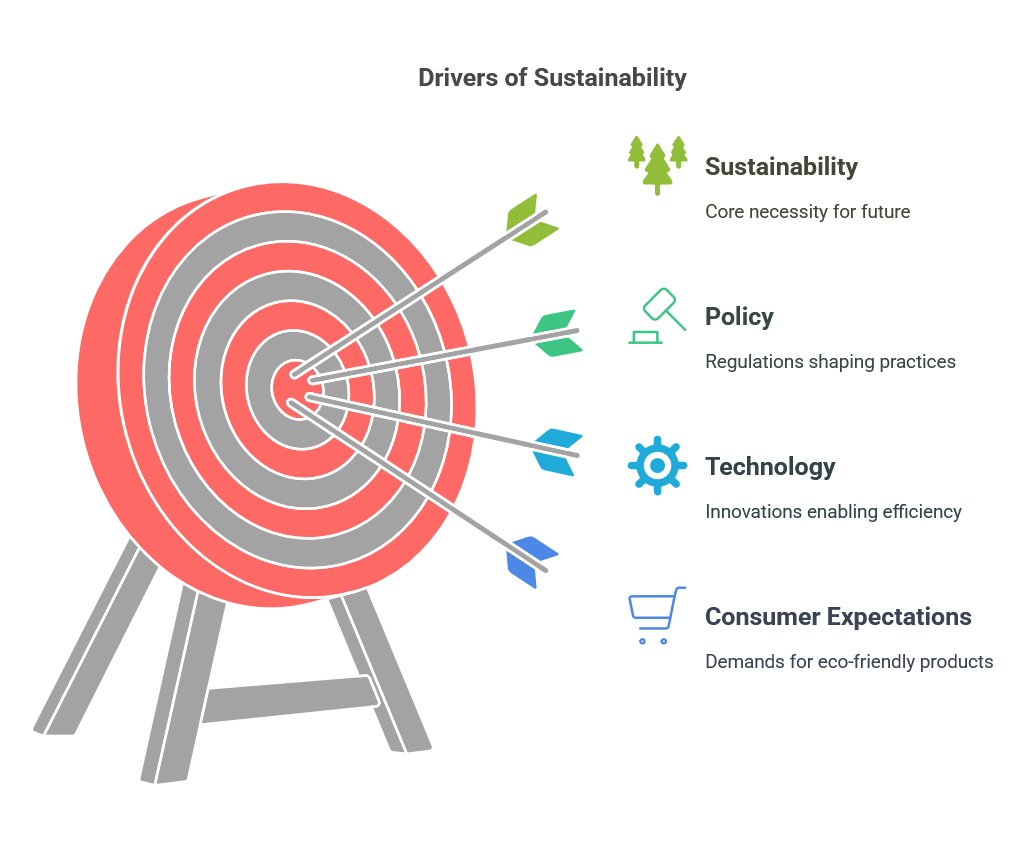
Sustainability is increasingly crucial for businesses, governments, and individuals as global challenges like climate change and resource management intensify. This section explores the key drivers shaping the global sustainability landscape, including policy, technology, and consumer expectations. Understanding these factors enables organisations to contribute to a sustainable future while staying competitive in a changing market.
Shifting Regulations and Net-Zero Targets
Many countries are enacting net-zero carbon targets by mid-century, aligning with the Paris Agreement goals. Governments impose carbon taxes, levy penalties on excessive waste, or issue stricter product standards. This trend compels organisations to reevaluate energy usage, reduce emissions, and embed eco-friendly design across operations.
In the UK, for instance, the government’s Net Zero Strategy aims to slash emissions by 78% by 2035 compared to 1990. Ireland has similarly robust commitments, with policy frameworks pushing for clean energy, circular economy models, and greener agricultural practices. Businesses that lag behind risk fines, consumer backlash, and missing out on green incentives.
Consumer and Investor Pressures
Customers increasingly demand eco-conscious products and transparency about supply chains. Studies suggest that nearly 85% of Millennials consider sustainability a crucial factor in purchasing decisions. Meanwhile, institutional investors scrutinise Environmental, Social, and Governance (ESG) metrics, favouring companies that demonstrate genuine sustainability progress.
Thus, retailers must show they’re reducing plastic packaging, lowering carbon footprints, and supporting ethical sourcing. Manufacturers face pressure to adopt renewable energy, recycle materials, and eliminate waste. Failing to adapt can erode brand reputation and loyalty and even hamper access to finance if ESG scores fall short.
Beyond Compliance: Competitiveness and Cost Savings
Companies that embrace sustainability can reap tangible benefits. For example:
- Reduced Operating Costs: Lower energy bills through efficient lighting or equipment; less material waste saves money on raw inputs.
- Innovation: Rethinking processes to cut emissions can prompt creative solutions and new revenue streams, such as repurposed materials or service-based models.
- Employee Morale: Workforce surveys show staff feel prouder, more motivated, and more likely to stay at environmentally responsible employers.
- Reputational Advantage: Showcasing green initiatives can attract eco-conscious consumers and position a brand as modern, responsible, and future-oriented.
Hence, sustainability isn’t just about meeting environmental obligations; it’s about driving a competitive edge in a rapidly green world.
How Sustainable Practices Build Brand Trust
Adopting sustainable practices is no longer just a trend; it’s a powerful way to build lasting trust with consumers. As environmental and social issues become more important to buyers, brands that prioritise sustainability are seen as more authentic and responsible. This section examines how integrating sustainable practices into your business not only contributes to a healthier planet but also strengthens customer loyalty, enhances brand reputation, and drives long-term success.
Meeting Modern Expectations
From coffee shops phasing out single-use plastics to tech firms adopting carbon-neutral hosting, businesses prioritising sustainability align with evolving consumer and societal values. A brand’s green actions—reducing packaging, adopting fair sourcing, offsetting emissions—cultivate emotional resonance with eco-aware audiences. This fosters loyalty and even premium pricing potential.
Transparency and Authenticity
Greenwashing—a situation where companies make inflated or misleading eco-friendly claims—has eroded public trust. Genuine sustainability demands clear, evidence-based communication. Sharing annual sustainability reports, data on emissions reductions, and tangible goals fosters credibility. When customers sense authenticity—such as a brand disclosing achievements and remaining challenges—they become more trusting.
Reputation Management
Negative media coverage of pollution incidents or worker exploitation can spark consumer boycotts. Conversely, strong sustainability track records often garner positive press, accolades, or certifications (like B Corp status, ISO 14001, or Fair Trade endorsements). Media-savvy customers quickly amplify such news via social channels, broadening a company’s reach.
Linking Sustainability with Digital and AI Solutions
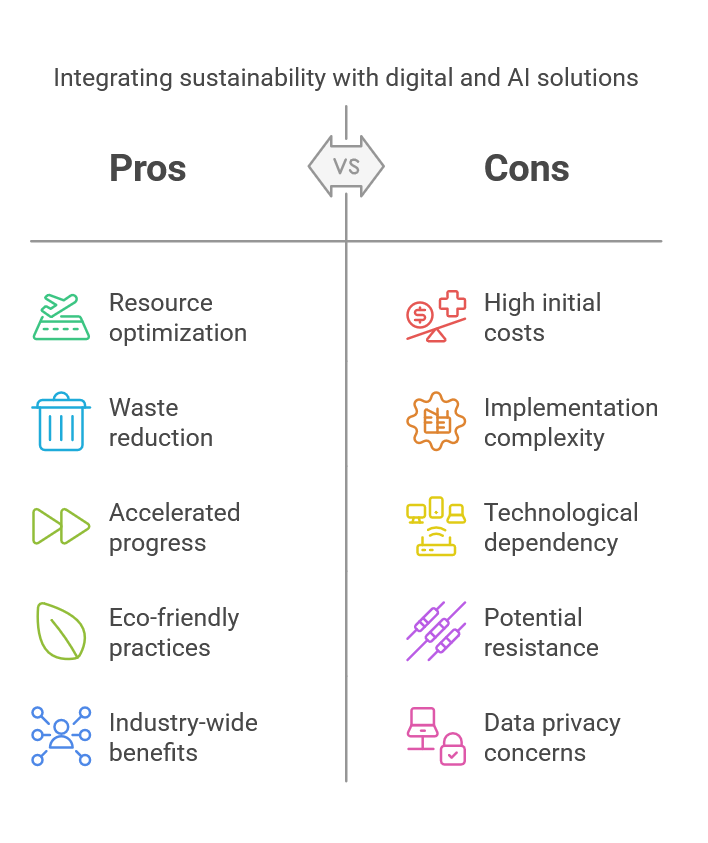
In an increasingly digital world, sustainability and technology go hand in hand. Leveraging digital tools and AI solutions can drive more efficient, eco-friendly practices across industries. This section explores how integrating sustainability with digital innovation can optimise resources, reduce waste, and accelerate progress towards a greener future.
Eco-Friendly Web Hosting & Operations
Even a company’s digital footprint has environmental costs—data centres consume immense energy. Businesses can slash their carbon footprint by selecting renewable-energy-based hosting providers or implementing server consolidation. Additionally, cloud-based solutions are often more energy-efficient than on-premise servers, as significant cloud providers invest heavily in renewables and innovative cooling systems.
AI can also optimise server usage—predicting traffic spikes, automatically scaling resources, and shutting down idle servers to reduce wasted energy. The net result: a more eco-friendly digital presence.
Supply Chain Transparency
Companies can track materials from source to shelf using IoT devices and data analytics. AI-driven platforms may highlight inefficiencies, detect excessive resource usage, or suggest more sustainable shipping routes. This extends to e-commerce packaging, where AI can recommend minimal packing materials or aggregated shipments. Over time, these data insights support a shift toward a circular economy where materials loop back into production cycles.
AI-Driven Efficiency in Office Environments
Integrating AI-based solutions in everyday operations fosters paperless processes, real-time energy monitoring, or better route planning for employee commutes. For instance:
- Smart thermostats that learn occupancy patterns can reduce HVAC energy by up to 30%.
- AI-based printing controls can minimise unnecessary prints by prompting digital alternatives.
- Collaboration tools allow remote meetings, cutting travel-related emissions while saving time.
Statistically, offices implementing advanced digital tools to cut emissions observe average cost savings of around 20% in operational expenses over two years, highlighting environmental and financial rewards.
Practical Steps to Become a More Sustainable Business
Becoming a more sustainable business doesn’t have to be overwhelming—it starts with simple, actionable steps. This section outlines practical strategies that organisations can implement today to reduce their environmental impact, improve efficiency, and foster a culture of sustainability. By making these changes, businesses can contribute to a greener future while enhancing their long-term success.
Audit Your Current Footprint
A baseline assessment is crucial: measure your energy consumption, waste production, carbon emissions, and water usage. Often disjointed across departments, this data is essential for setting realistic reduction targets.
Key Questions:
- Where do we use the most energy? (Production floors? Office lighting?)
- How much waste do we generate monthly, and in which categories?
- Do we rely on paper-based processes that could go digital?
- Is our digital infrastructure optimised for energy efficiency?
Set Clear, Measurable Targets
Goals might include:
- Reduce energy use by 25% within two years.
- Cut single-use packaging by half in six months.
- Transition to 100% renewable electricity for all facilities.
- Achieve carbon-neutral shipping by a target year.
Tie these to specific actions (install LED lighting, adopt electric delivery vehicles, or join a green hosting platform). Make them public—transparency drives accountability and brand trust.
Implement Quick Wins
- Remote Work & Digital Meetings: Encouraging staff to work remotely (even part-time) slashes commuting emissions. Virtual meetings reduce travel for inter-office or client catch-ups.
- Office Optimisation: Replace disposable cups with reusable alternatives, institute recycling bins, and opt for e-signatures over printouts. These small changes collectively have a significant impact.
- Green Hosting: Switch your website or e-commerce to a hosting provider powered by renewables or improved energy practices.
Harness AI for Monitoring & Optimisation
- Data Analysis: Consolidate energy data or supply chain info in a central system, letting AI identify patterns and opportunities (e.g., optimal times to run machinery).
- Predictive Maintenance: Machine learning is used to detect issues early, reducing downtime and resource waste.
- Waste Detection: AI-equipped sensors can track production lines, flagging anomalies that generate excessive offcuts or scrap.
“Marrying AI with sustainability is a game-changer. You get real-time insights on usage patterns, carbon hotspots, or resource inefficiencies—allowing faster, evidence-based decisions,” says Ciaran Connolly.
Invest in Staff Training and Engagement
Involve employees in sustainability goals. Create “green champions” or committees, run workshops on eco-friendly practices, and celebrate milestones (like halving plastic usage). If staff grasp why changes matter—and see leadership commitment—they’re more likely to adopt and champion these measures wholeheartedly.
How ProfileTree Supports Sustainability Efforts
As a digital consultancy with AI and web development expertise, ProfileTree assists companies on the journey to greener practices by:
- Digital Strategy & Hosting Guidance: We help you migrate to eco-friendly hosting solutions, optimise websites for performance (hence lower server load), and integrate analytics to track digital emissions.
- Automation & AI Solutions: Streamlining paper-heavy workflows, implementing chatbots to reduce physical visits or paper enquiries, or adopting advanced analytics to pinpoint inefficiencies in operations.
- Training & Culture: Running staff workshops on using collaboration tools effectively (reducing printing, travel, etc.) and interpreting AI-driven sustainability metrics.
- Ongoing Support: Sustainable transformation is iterative. We remain a partner, monitoring progress, refining digital processes, and supporting expansions into new eco-initiatives.
By leveraging our holistic approach—encompassing strategy, digital presence, SEO, and AI—businesses can ensure sustainability goals align with overall brand development and customer engagement.
Future Outlook: Sustainability as a Core Business Driver
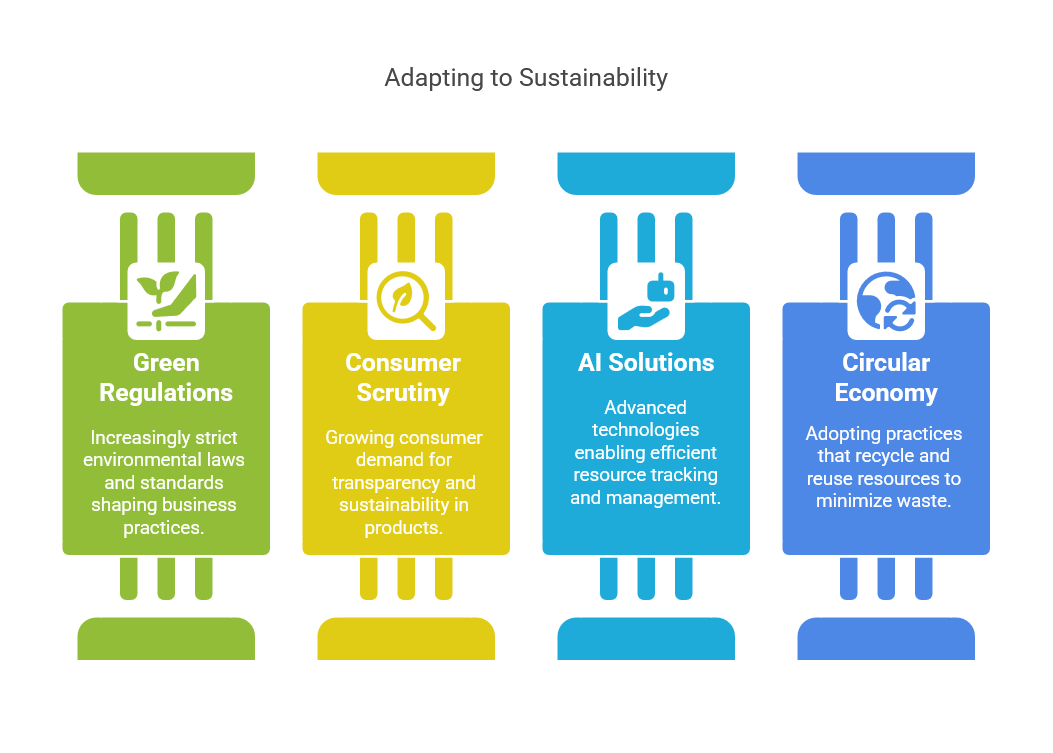
Within the next decade, expect more robust green regulations (like mandatory carbon reporting), increasing consumer scrutiny, and advanced AI solutions enabling deeper resource tracking. Sustainability may shift from a competitive differentiator to a baseline requirement. Companies that adapt quickly, implement digital solutions, and adopt a circular economy mindset will reap cost and reputational benefits.
- Net-Zero and Beyond: Some firms aim to neutralise their carbon footprint and become climate-positive, removing more CO₂ than they emit.
- Supply Chain Collaboration: Brands will form tighter partnerships to ensure each link meets eco-standards, from raw materials to last-mile delivery.
- AI-driven Personalisation of Eco-Choices: Future platforms might nudge customers towards eco-friendly product variants or highlight carbon labels based on usage patterns.
Conclusion and Next Steps
Sustainable business is no longer optional—modern expectations, regulatory landscapes, and technological possibilities push every company to adopt greener, more responsible practices. You can significantly reduce your environmental footprint and strengthen brand trust by conducting an eco-audit, setting tangible targets, and adopting digital/AI tools. Employees, investors, and consumers increasingly favour climate-conscious enterprises.
If you’re embarking on this eco-journey, start small with easy wins—like reducing paper usage or switching to greener hosting—then build momentum with more ambitious changes (like rethinking supply chains or harnessing AI for data-driven sustainability). Throughout, remain authentic: track progress, own up to challenges, and celebrate milestones transparently.
Want to cut emissions in your office more concretely? Check out our next article, “Cutting the Carbon: Simple Steps to Reduce Office Emissions,” where we dive into practical moves that can shrink your carbon footprint day-to-day.
